Asia: The Largest and Most Diverse Continent on Earth
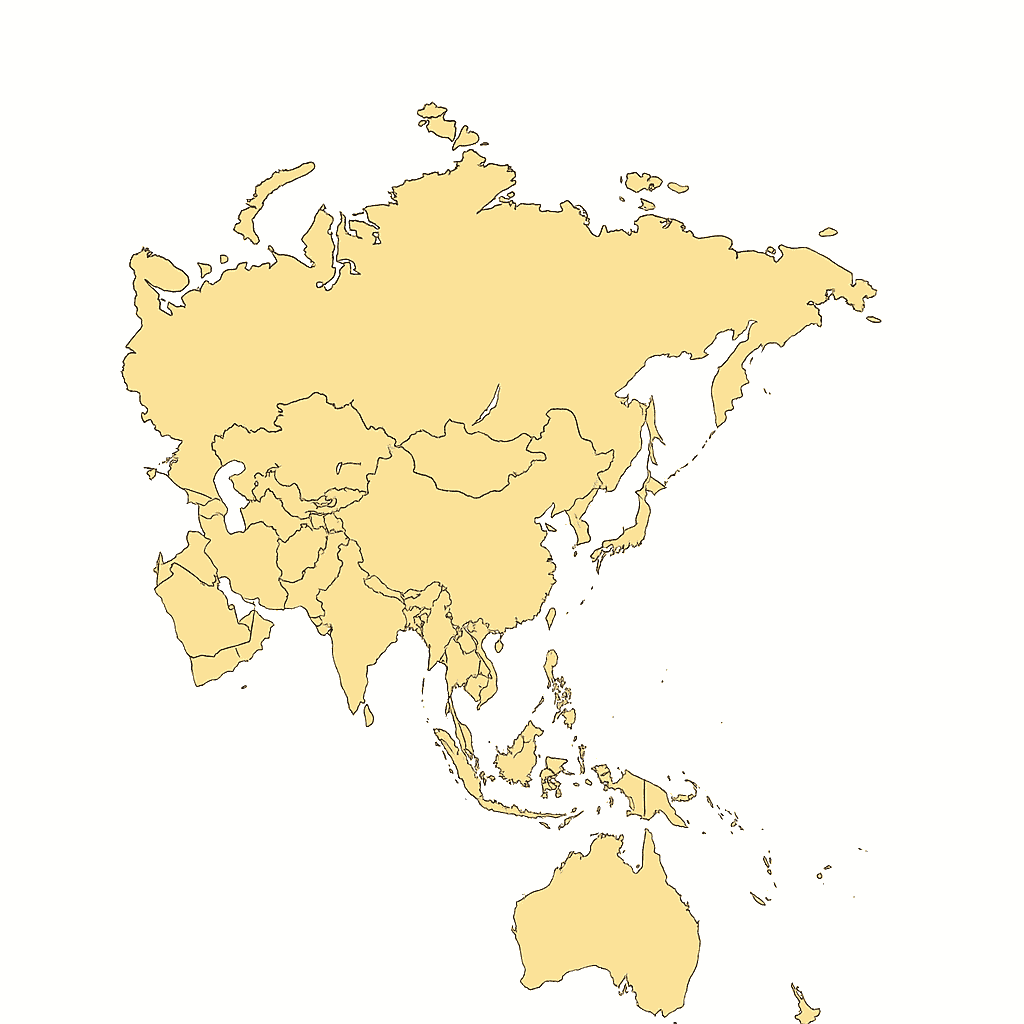
Asia, the world's largest continent, spans a vast landscape rich in history, cultures, languages, and natural wonders. Explore its incredible geography, ancient civilizations, economic powerhouses, and cultural depth in this detailed blog post.
🌏 Introduction to Asia
Asia is the largest and most populous continent on Earth. It covers roughly 30% of the world’s total land area and houses nearly 60% of the global population. Stretching from the Arctic Ocean in the north to the Indian Ocean in the south, and from the Pacific Ocean in the east to Europe in the west, Asia is a mosaic of diverse cultures, landscapes, and histories.
🏞️ Geography of Asia
Asia is home to the world’s highest point — Mount Everest (8,848 meters) in the Himalayas — and the lowest point on land, the Dead Sea Depression. From the icy expanses of Siberia to the tropical rainforests of Southeast Asia, its geographical diversity is unmatched.
-
Major Regions:
-
East Asia (China, Japan, Korea)
-
Southeast Asia (Thailand, Vietnam, Indonesia)
-
South Asia (India, Pakistan, Bangladesh)
-
Central Asia (Kazakhstan, Uzbekistan)
-
Western Asia (Middle East)
-
Northern Asia (Siberia/Russia)
-
-
Notable Features:
-
Himalayas, Gobi Desert, Siberian Taiga, Mekong River, and the Great Wall of China.
-
🏛️ Historical Significance
Asia has been the cradle of many of the world’s oldest civilizations:
-
Mesopotamia in present-day Iraq – one of the first urban civilizations.
-
Indus Valley Civilization in India and Pakistan – known for urban planning.
-
Ancient China – dynasties that shaped world philosophy, science, and culture.
-
Islamic Golden Age in the Middle East – a peak in science, art, and architecture.
Religions like Hinduism, Buddhism, Islam, Christianity, Judaism, and Confucianism were either founded or spread from Asia.
🕌 Cultural Diversity
Asia is incredibly diverse in culture, language, food, and traditions.
-
Languages: Mandarin, Hindi, Arabic, Bengali, Japanese, Russian, and hundreds more.
-
Cuisines: From Indian curries and Thai spices to Japanese sushi and Middle Eastern kebabs.
-
Festivals: Diwali, Eid, Chinese New Year, Nowruz, Songkran, and more are celebrated widely.
🌆 Economic Importance
Asia hosts some of the world’s largest economies:
-
China – Global manufacturing leader.
-
Japan – High-tech and innovation powerhouse.
-
India – Rapidly growing IT and service-based economy.
-
Middle East – Rich in oil and gas resources.
-
ASEAN Nations – Booming trade and industry.
Major cities like Tokyo, Shanghai, Dubai, Mumbai, and Singapore are global economic hubs.
🌿 Biodiversity and Environment
Asia has incredible biodiversity:
-
Rainforests in Borneo and Vietnam
-
Snow leopards in the Himalayas
-
Tigers in India and Southeast Asia
-
Pandas in China
-
Marine biodiversity in the Coral Triangle
Unfortunately, Asia also faces environmental challenges like deforestation, pollution, and climate change impacts.
🧭 Tourism in Asia
Asia is a major travel destination for its beauty and affordability:
-
Temples: Angkor Wat (Cambodia), Borobudur (Indonesia), and Taj Mahal (India)
-
Natural Wonders: Ha Long Bay (Vietnam), Mount Fuji (Japan), and the Himalayas.
-
Cultural Sites: Petra (Jordan), Kyoto (Japan), Old Bukhara (Uzbekistan)
From adventure tourism to spiritual retreats, Asia offers experiences for every traveler.
🛡️ Political Landscape
Asia’s politics are as complex as its geography:
-
Democracies like India and Japan
-
Monarchies like Saudi Arabia
-
One-party states like China
-
Regional conflicts: Israel–Palestine, Kashmir, South China Sea tensions
Asia plays a crucial role in global diplomacy and security.
🚀 Asia in the 21st Century
Asia is leading the way in many fields:
-
Technology: Innovations from China, Japan, South Korea, and India.
-
Space: India’s ISRO, China’s CNSA are reaching the Moon and beyond.
-
Education & Startups: Growing hubs in Singapore, Bangalore, and Seoul.
-
Population Growth: Challenges in urbanization, food, and water security.
📚 Conclusion
Asia is not just a continent — it’s a world in itself. Its immense size, rich history, cultural diversity, and growing global influence make it one of the most fascinating regions on Earth. Whether you're interested in ancient civilizations, modern technology, or breathtaking nature, Asia offers a lifetime of exploration.
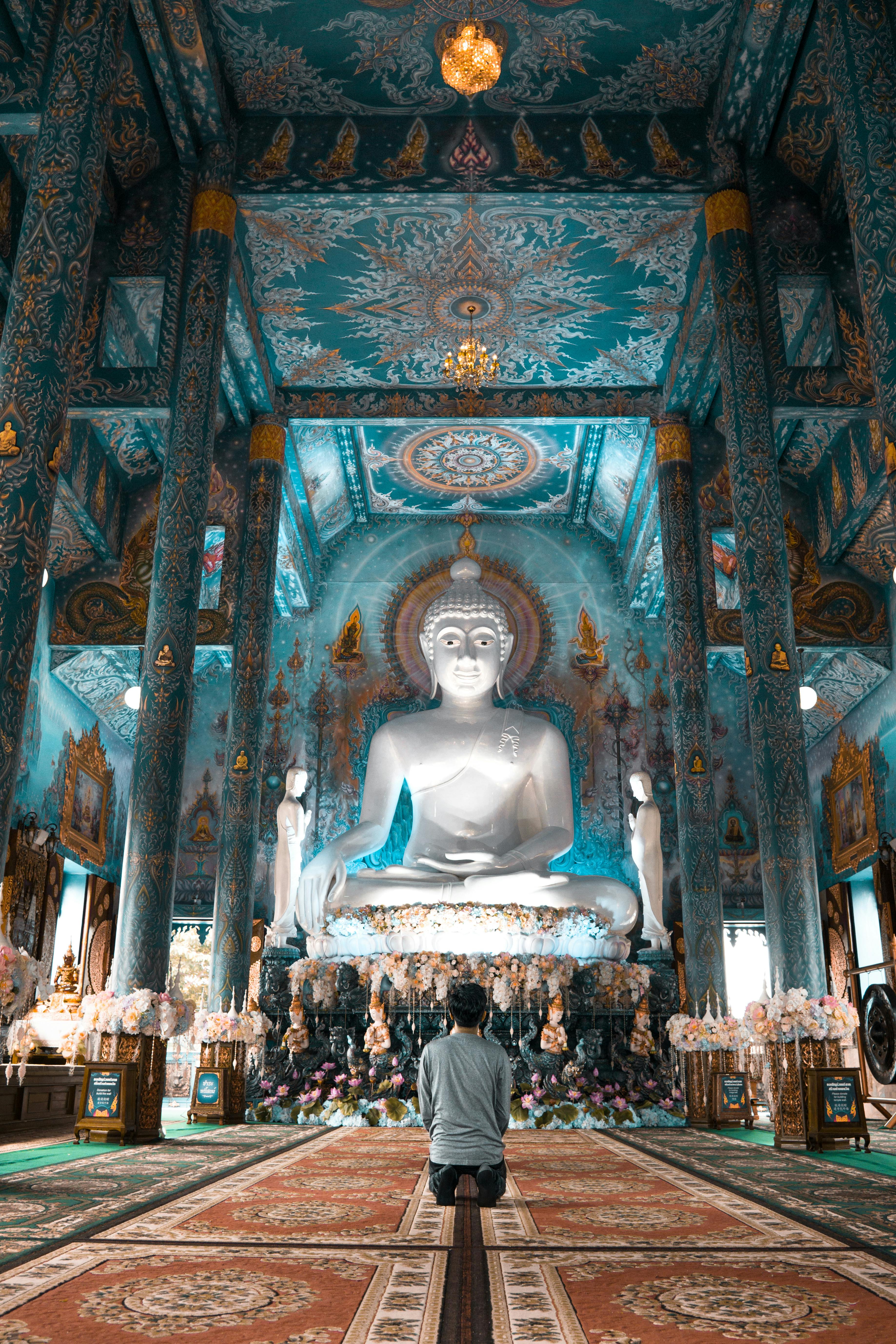
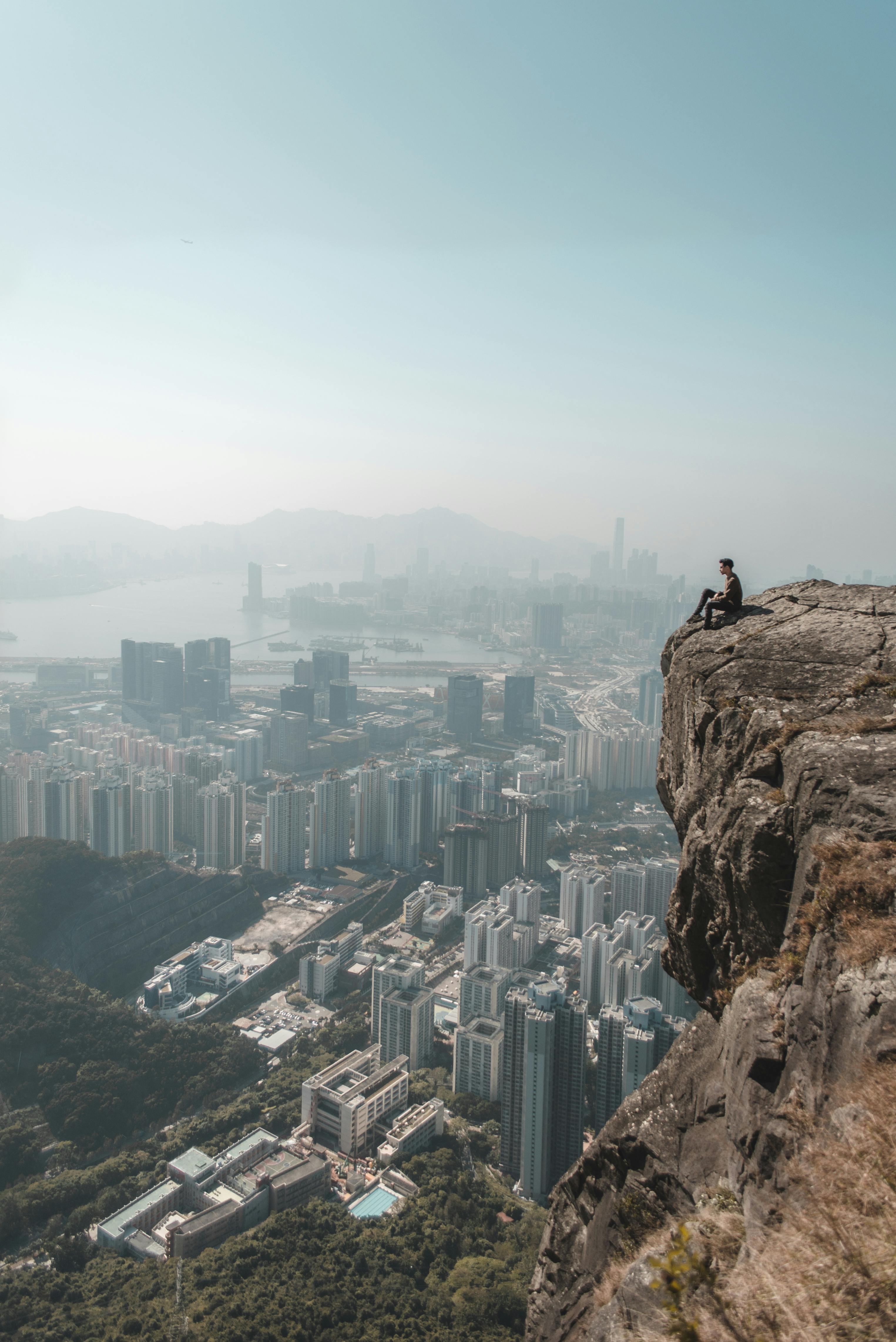
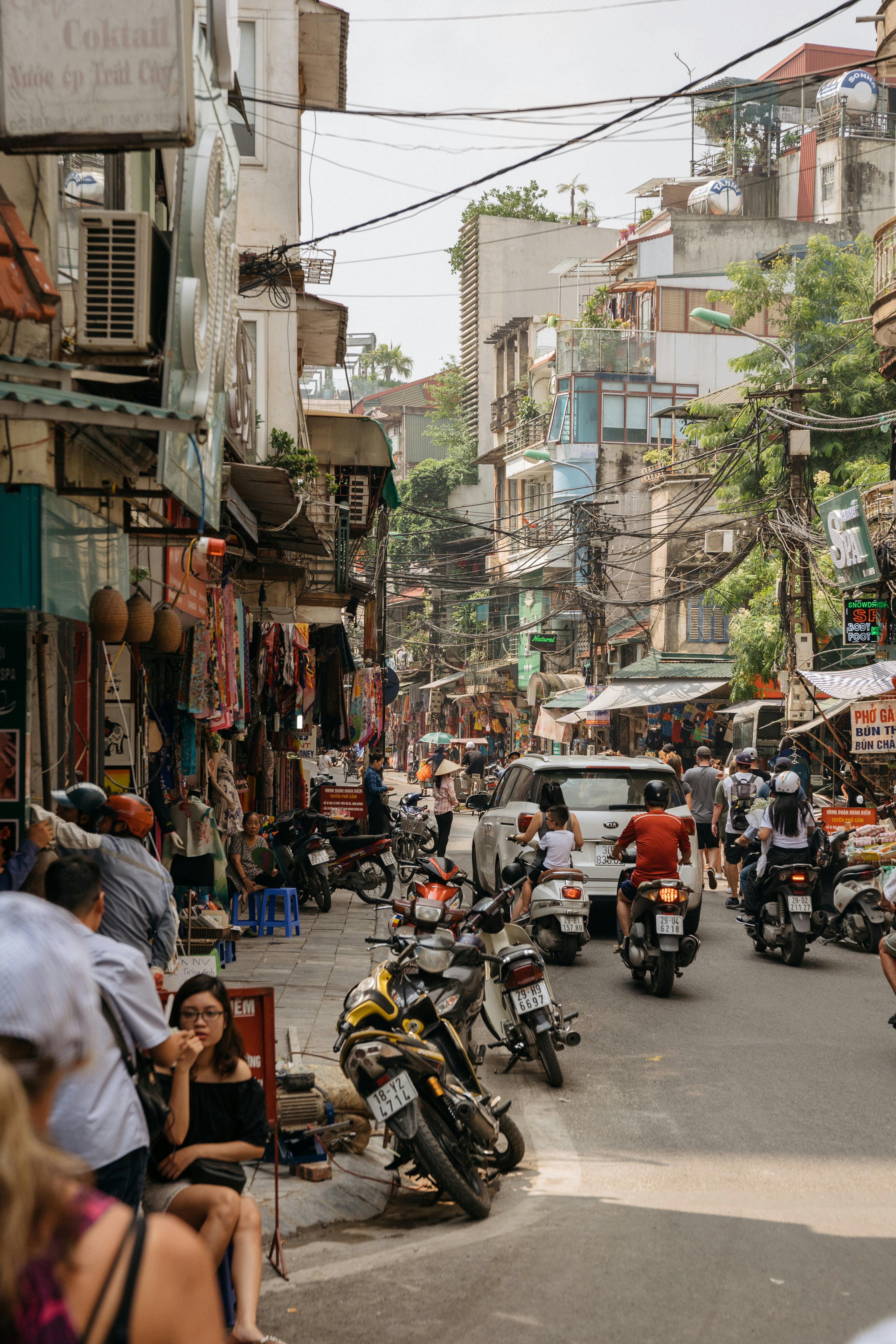
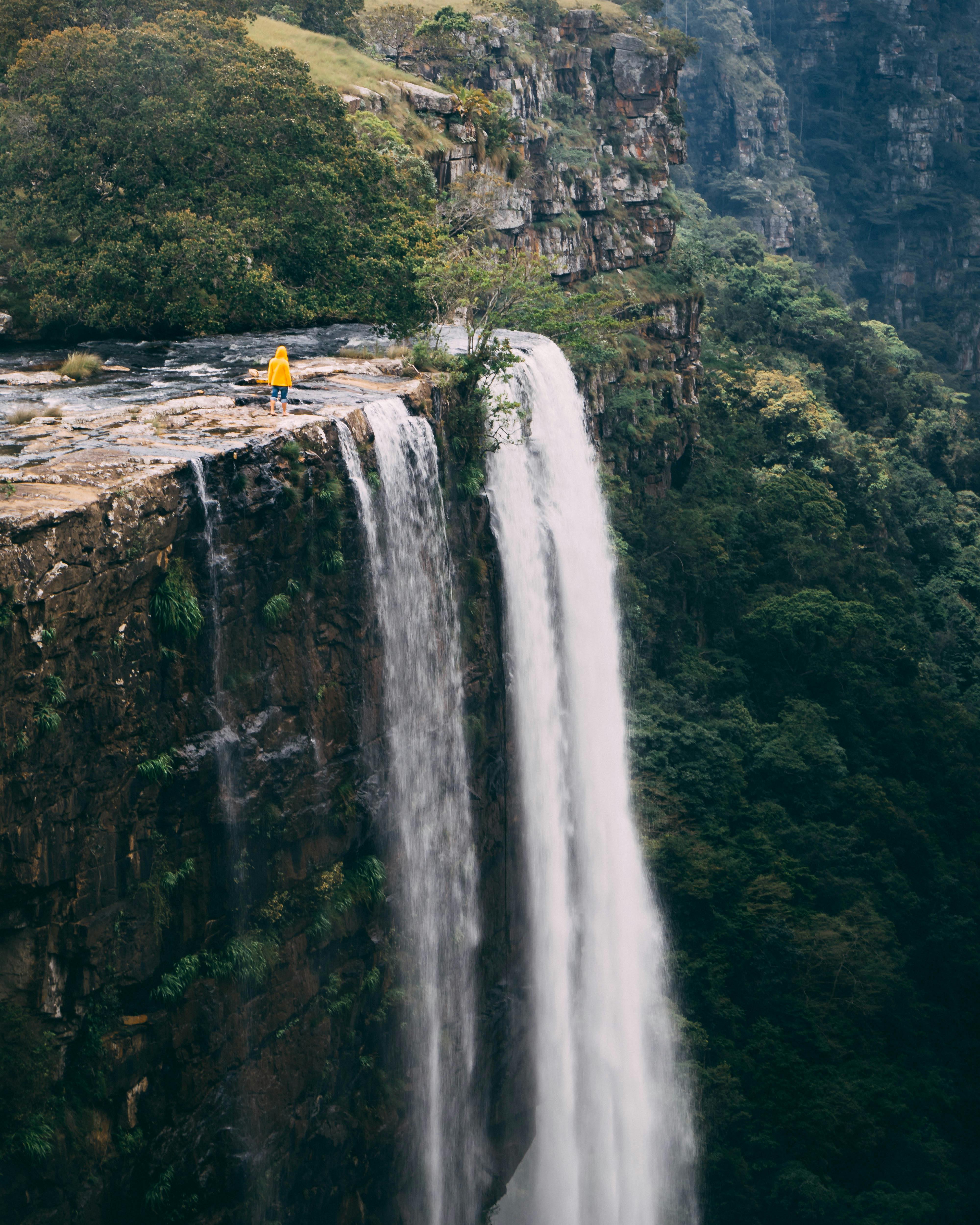
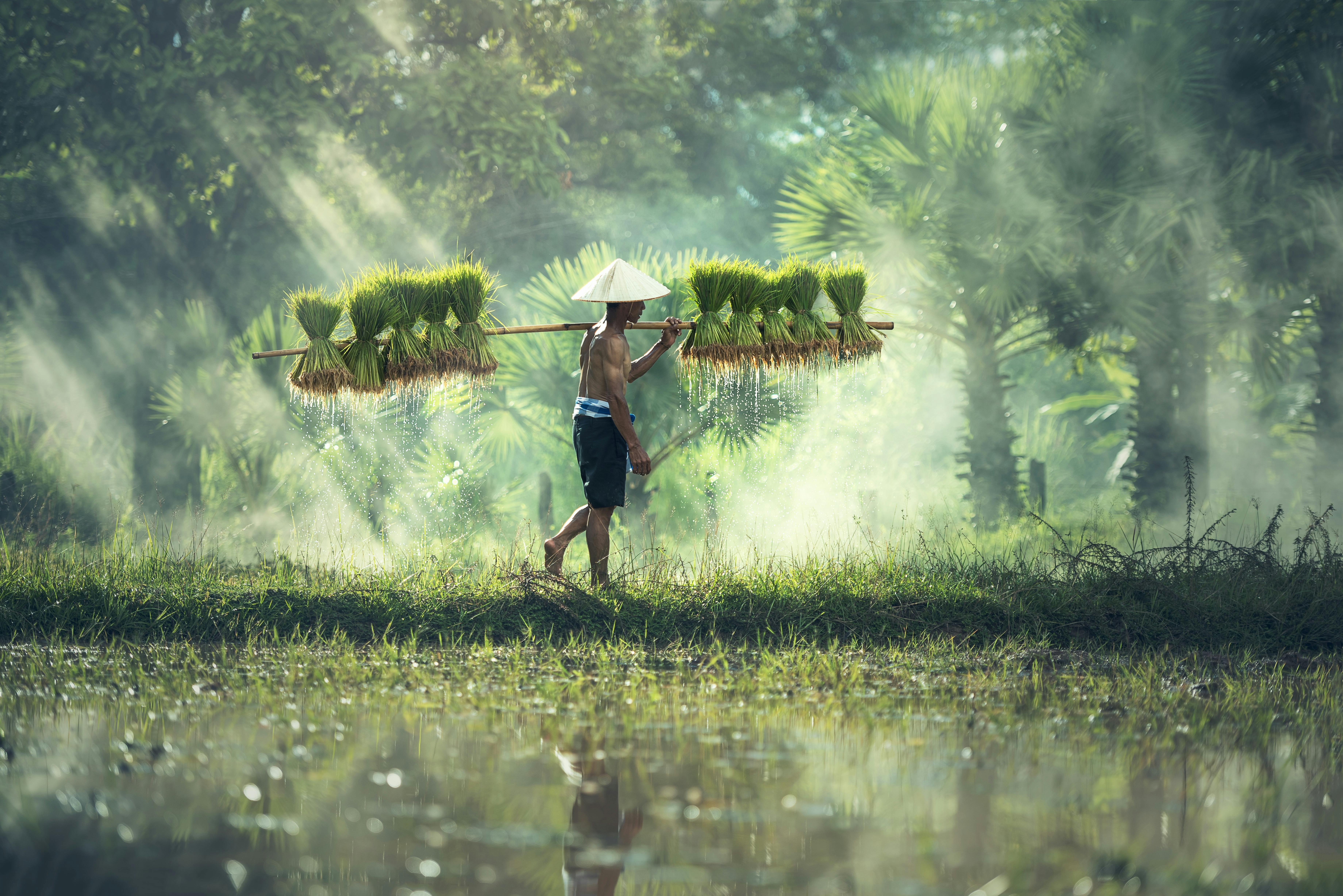
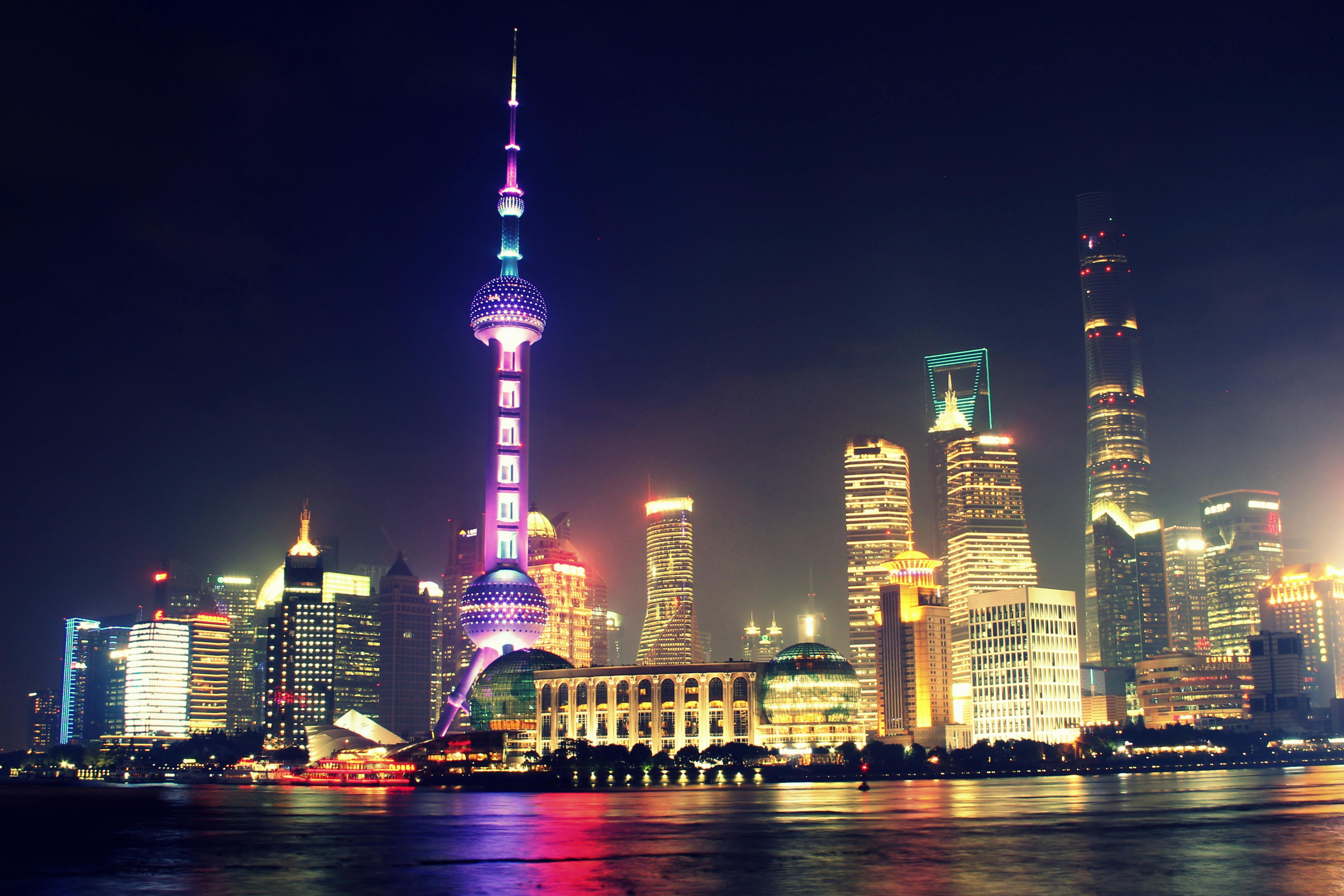
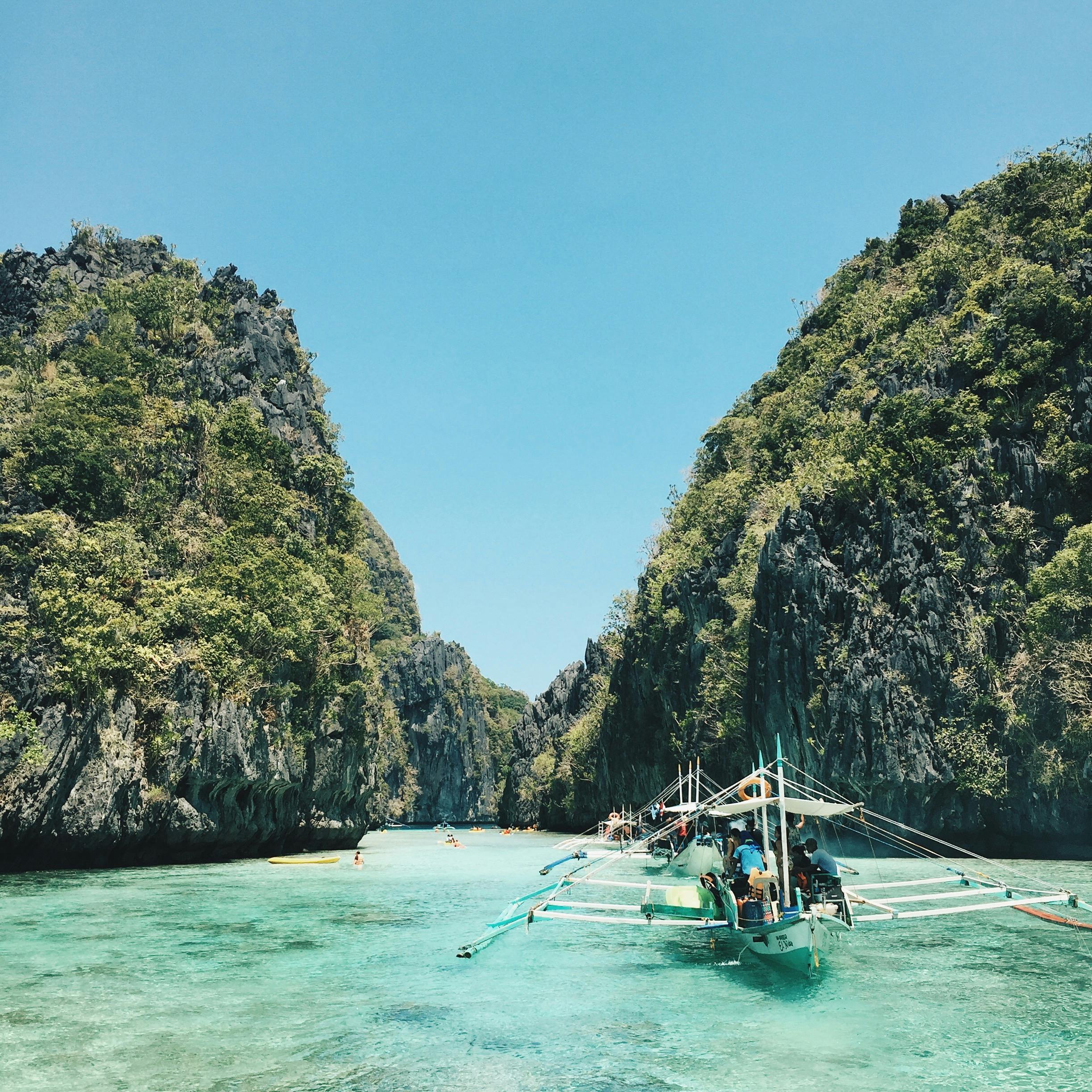
Comments (0)
Please login to leave a comment.